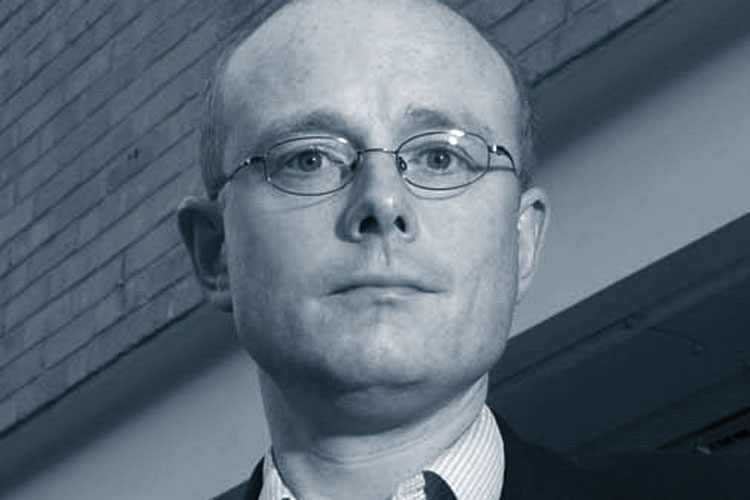
The medical profession loves a bogey man.
Back at the start of my career Benzodiazepines were the bad boy on the block. As newly qualified doctors we were drilled, with zealousness that would make a cult leader envious, that it was our job to wean patients off ‘mothers’ little helper’.
A few years later it was HRT’s turn. At medical school we were taught hormone replacement therapy was the panacea for the menopause and that, more or less, it should be put in the water. Then suddenly it was about turn and we were told to stop all HRT as it’ll give you breast cancer.
A few more years pass and ‘oops, sorry guys we cocked up the number crunching there and it seems you can prescribe it after all’, except hardly any women wanted it by then because of the bad press.
Even a 10% reduction in bloody awful pain is worth having
Now it’s the gabapentinoids turn for a beating.
Don’t get me wrong, I accept the need to be evidence based in our prescribing, and that metanalysis has shown that there is no evidence for use of gabapentinoids in low back pain.
Also that, yes, some patients will abuse them, but this abuse is largely in the prison and opiate-abusing population, who in my experience would abuse toothpaste if it was illegal.
I think therefore we need a balanced approach. Let’s take a hypothetical, but not untypical patient with chronic pain:
– Paracetamol/NSAIDS – ‘No help, may as well be smarties’
– CBT – ‘Tried it, didn’t work.’
– Opiates – Addictive, can’t drive on them, make you nauseated plus they don’t work.
– Pain clinic – ‘Been there, had injections, helped for a while then wore off.’
– Acupunture, TENS, hypnotherapy, reiki, crystal healing – see above.
In some of these patients, gabapentinoids give some reduction in their pain – and even a 10% reduction in bloody awful pain is worth having.
I accept some of this may be placebo, and we need to be careful about which patients we prescribe for, but sometimes just because it’s a placebo doesn’t mean it doesn’t work.
Dr David Turner is a GP in West London

















